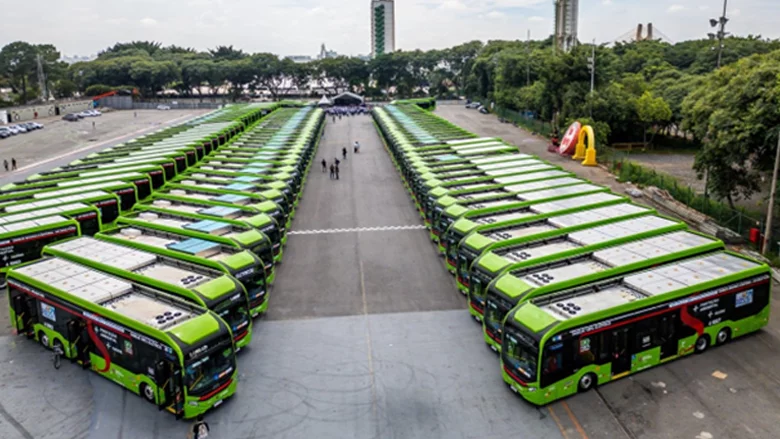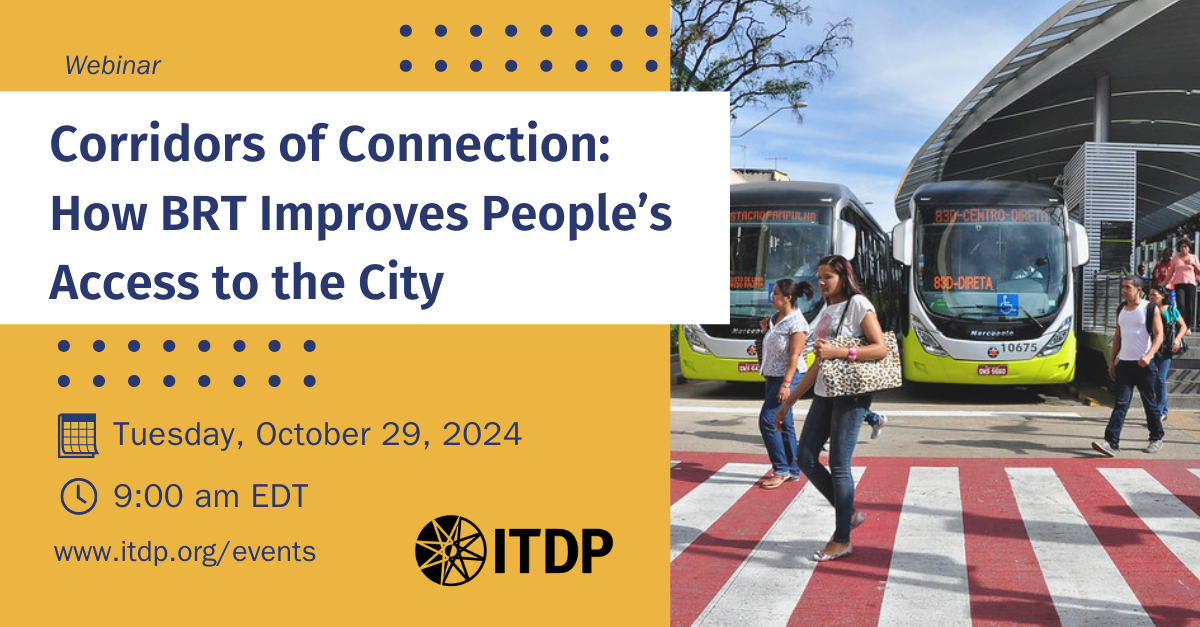Opinion Pieces: since 2007, Prof. David Hensher has written an opinion column in the Australasian Bus and Coach magazine, where he monthly discusses a lot of different transport-related hot topics. In this section we are revisiting these columns.
May 2008
The provision of road infrastructure globally is undergoing major institutional change as governments increasingly hit budgetary constraints on traditional sources of public sector financing. The funding of roads from common sources (e.g., fuel taxes) is becoming more problematic than ever before. While in some jurisdictions it is a matter of allocation, in other contexts, it is a more serious concern about the total amount available to allocate. In California, for example, a 2007 Road User Fee Task Force Program issued a White Paper from the Californian Performance Review (CPR). Initiated by the Californian Governor with reporting back directly to the Governor’s Office, it has been promoted in response to the diminished proceeds from fuel taxes. Funding ‘by the gallon’ from fuel-use taxes no longer suffices, despite some additional Federal Government contributions.
The ‘new’ funding sources are primarily private capital and road user charges. The growth in congestion in many urban areas accompanied by increased emissions (air pollution and enhanced greenhouse gas) from cars and trucks has refocussed interest on 42 user charging to both reflect efficient internal cost recovery as well as to internalise the increasingly damaging negative externalities of road transport activity. Kilometre fee development (all networks), with/without fuel tax compensation is an example of the future direction. Paying by the mile is now on the political agenda in California. As little as 0.1 of a US 1 cent fee per use-mile, it is suggested, would generate annually $US310m towards the road funding bill in California.
As an illustration of a dramatic institutional reform linked to the provision of road infrastructure, the Dutch Transport Minister, Camiel Eurlings, announced in early 2008 that satellite-based road user charging will be implemented throughout the Netherlands to reduce congestion and finance future road infrastructure. The ‘kilometre price’ proposed is to be differentiated by location, environmental properties of the vehicle, and time of day (effectively a peak/off-peak or congestion charge)*. It is to be introduced for all vehicles on all roads in the entire country, starting with trucks in 2011 and phasing in a scheme for cars from 2012 to 2016. The Dutch government plans to scrap road tax as well as purchase tax on new cars when the system is introduced. Eurlings states this will provide a fairer system which taxes vehicle use, rather than ownership. Indeed, the minister says that more than half of Dutch road users will actually pay less under the road user charging scheme. According to calculations by motoring organisations, only motorists who drive more than 18,000kms a year are likely to be worse off under the new scheme. Importantly, the Dutch government has determined that the costs of operating the national road user charge will not exceed five per cent of the proceeds.
This must be good for road based public transport. With a Federal government repeatedly supporting a greater engagement in the cities in order to tackle road congestion, amongst other agendas, the activity overseas must be good news for Australia if we listen and learn and do something about it.
Food for thought
* The road user charge scheme will be facilitated by GPS/speed sensor vehicle tracking, calculated by onboard electronic accumulating odometers, remotely assessing travel from central computers that are capable of applying a range of charging regimes. These include uniform road-use charges and congestion pricing (differential charging according to traffic conditions) including adjusted-upward charges for road use in remote areas (perhaps excluding local residents) where maintenance costs are high and distances travelled are relatively less. Graded distance fees can also be introduced if desired – possibly on equity grounds.
¿Comments? ¿Opinions? ¿Similar News? Send them to us!





